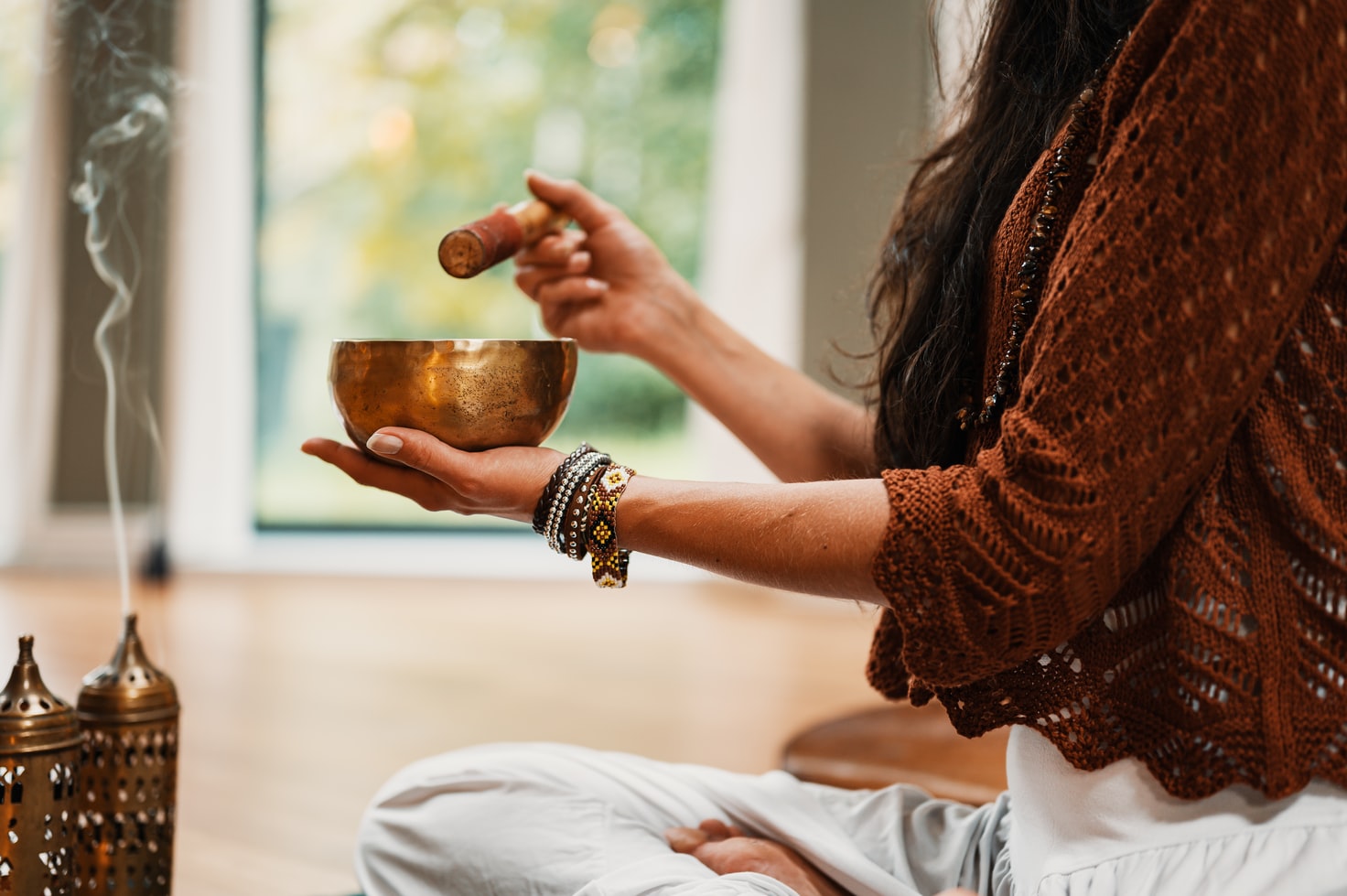Communalistic use of psychoactive plants as a bridge between traditional healing practices and Western medicine: a new path for the Global Mental Health movement
Authors:
Genís Oña, Ali Berrada, and José Carlos Bouso.
Journal:
Transcultural Psychiatry
Year:
2021
About the study
The aim of this article is to extend the point of view that takes into consideration cultural context to the traditional and communalistic use of psychoactive plants. Genuine medical systems have been developed, generally carried out in ritual or ceremonial settings, but these practices have often been vilified as a result of social stigma or drug policies.
The authors consider the Global Mental Health movement as a major opportunity to reduce the high human and material costs of psychological distress on a global scale. Some proposals for improving suggest that people affected by mental illness and experiencing psychological distress engage in local, traditional healing practices.
Community engagement plays a crucial role in mental health, and the traditional use of psychoactive plants can help to enhance it. These community interventions should be given a more central role in harnessing resources and promoting psychological well-being.
Abstract
Background: The Global Mental Health (GMH) movement aims to provide urgently needed treatment to those with mental illness, especially in low- and middle-income countries. Due to the complexity of providing mental health services to people from various cultures, there is much debate among GMH advocates regarding the best way to proceed. While biomedical interventions offer some degree of help, complementary approaches should focus on the social/community aspects.
Methods: Many cultures conduct traditional rituals involving the communal use of psychoactive plants. We propose that these practices should be respected, protected, and promoted as valuable tools with regard to mental health care at the community level.
Results: The traditional use of psychoactive plants promotes community engagement and participation, and they are relatively affordable. Furthermore, the worldviews and meaning-making systems of local population are respected. The medical systems surrounding the use of psychoactive plants can be explained in biomedical terms, and many recently published clinical trials have demonstrated their therapeutic potential.
Conclusions: Psychoactive plants and associated rituals offer potential benefits as complementary aspects of mental health services. They should be considered as such by international practitioners and advocates of the GMH movement.
Photo by Conscious Design on Unsplash.
Categories:
Studies & papers
, Global Mental Health
Tags:
ayahuasca
, scientific research
, study
, global
, psychoactive
, community
, psychoactive plants
, psychological well-being
, public health
, mental health
, ritual
, well-being
, Global Mental Health

